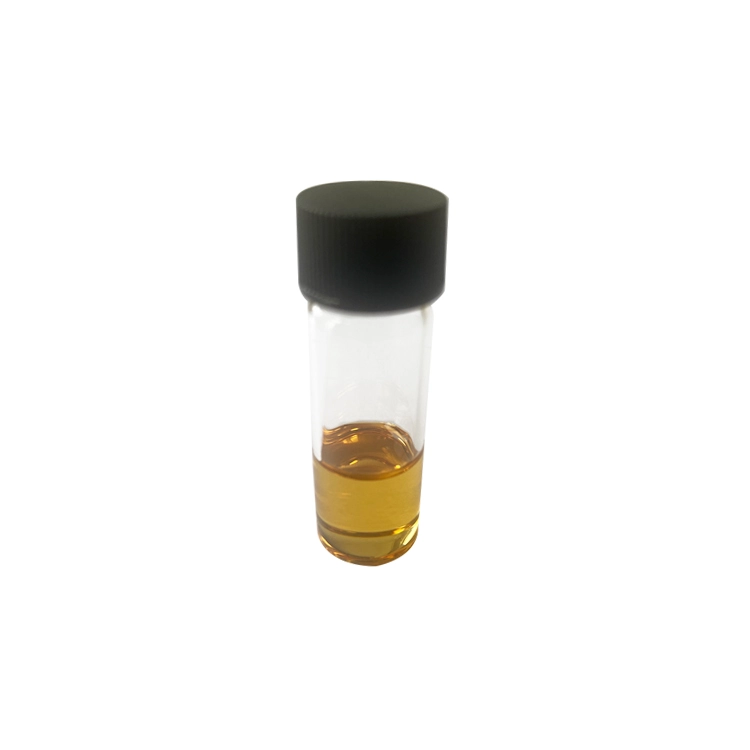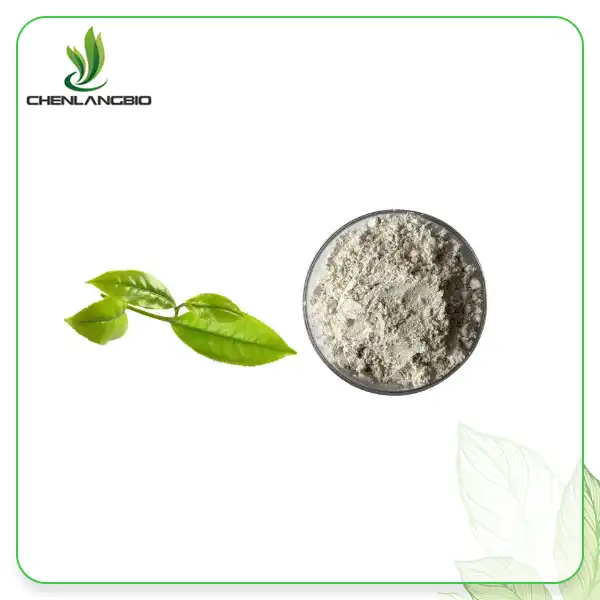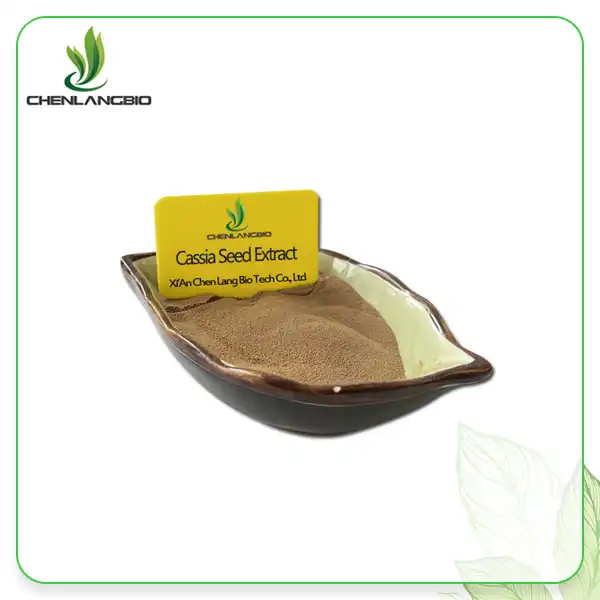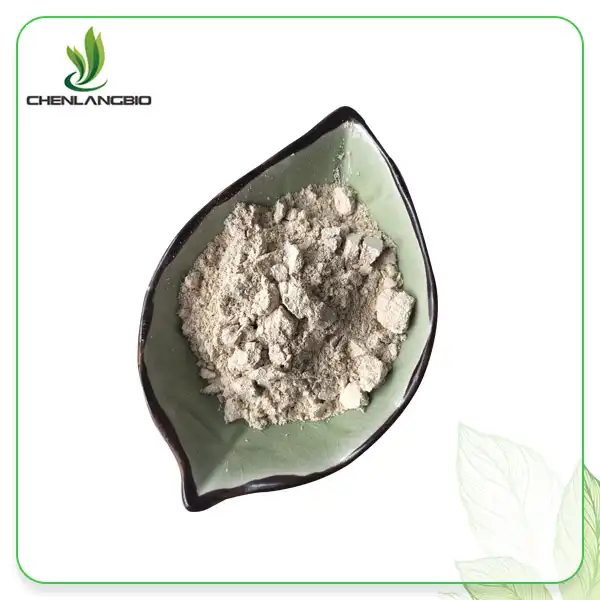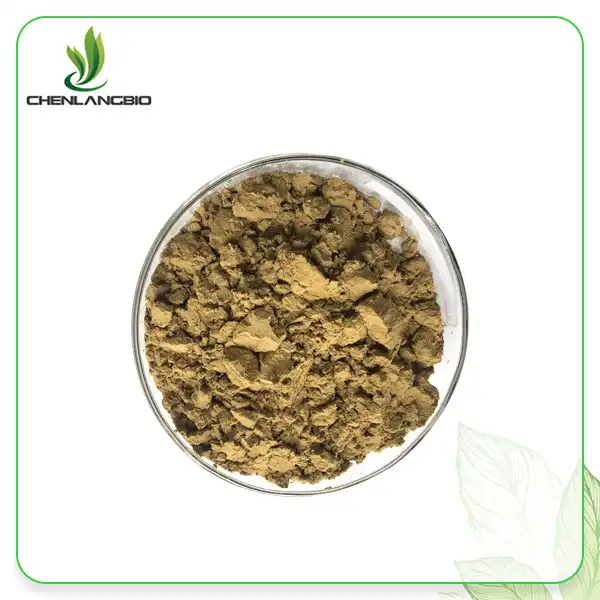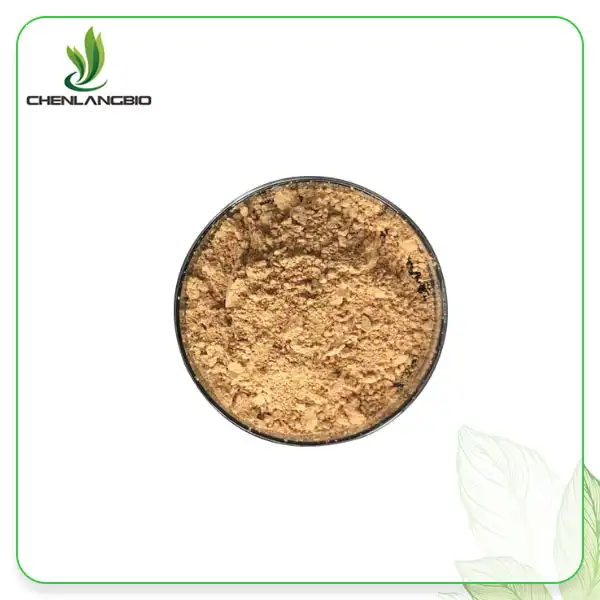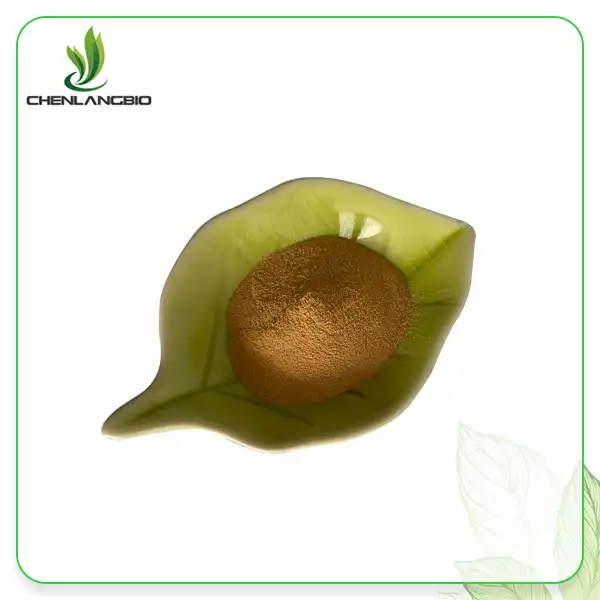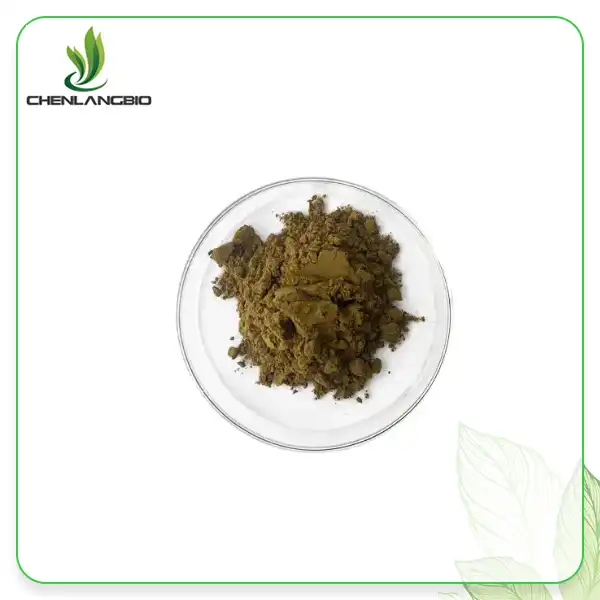What Are the Downsides of Bakuchiol
2024-07-13 11:05:19
Bakuchiol, acclaimed for its anti-aging properties without the usual discomfort associated with retinoids, has been heralded as a mild and natural substitute for retinol. But no component for skincare is flawless, and bakuchiol is no different. We'll explore the possible drawbacks of bakuchiol in this blog, answering often asked questions and offering a fair assessment of this well-liked component.
Can Bakuchiol Cause Skin Sensitivity?
Despite the fact that retinol is frequently touted as being less irritating, it is essential to keep in mind that both bakuchiol and retinol have the potential to irritate the skin if used improperly. Vitamin A-derived retinol is well-known for its capacity to promote new skin growth. However, excessive use or improper application can result in dryness, redness, and increased sensitivity to sunlight.
Despite its reputation for being gentler, bakuchiol, like retinol, can irritate some people. But this happens less often than with retinol. Whether you're using retinol or bakuchiol as a new skincare product, it's important to follow the directions and perform a patch test first. Clients can really and securely receive the rewards of these enemy of maturing fixings because of this wellbeing measure, which lessens the probability of unfriendly responses.
Potential Sensitivity Issues
Although bakuchiol has a benign reputation, some people may nevertheless experience negative effects.
Improper or excessive usage might result in:Redness and Irritation: Excessive usage of bakuchiol, especially in those with sensitive skin, can result in redness and irritation of the skin.
Dryness and Flakiness: If used excessively, bakuchiol, like retinol, can result in dry, flaky skin.
Mitigating Sensitivity
To avoid these issues, it’s essential to introduce bakuchiol into your skincare routine gradually and to monitor your skin’s response. Here are some tips:
Start Slowly: Begin with a lower frequency, such as every other night, and gradually increase as your skin builds tolerance.
Moisturize: Ensure you use a good moisturizer to keep your skin hydrated and support the skin barrier.
Patch Test: Always perform a patch test before applying a new product to your face to check for any adverse reactions.
Does Bakuchiol Have Long-Term Side Effects?
Bakuchiol is a relatively new ingredient in the skincare world, and long-term studies are still limited. This raises questions about its long-term safety and efficacy.
Concerns About Long-Term Use
While current studies suggest that bakuchiol is safe for long-term use, some concerns remain:
Accumulated Irritation: Prolonged use without breaks can lead to accumulated irritation, even with gentle ingredients like bakuchiol.
Barrier Function: Overuse can potentially weaken the skin barrier over time, leading to increased sensitivity and dryness.
Recommendations for Long-Term Use
To ensure the long-term health of your skin, consider the following recommendations:
Routine Breaks: Take periodic breaks from active ingredients to allow your skin to recover and maintain its natural barrier.
Hydration: Keep your skin well-hydrated with serums and moisturizers that support the barrier function.
Consult a Dermatologist: Regular check-ins with a dermatologist can help monitor your skin’s health and adjust your routine as needed.
Is Bakuchiol Effective for All Skin Types?
Bakuchiol is often touted as suitable for all skin types, but its effectiveness and safety can vary.
Suitability for Different Skin Types
Sensitive Skin: Although most people take it well, some people—especially those with really sensitive skin—may still experience discomfort.
Bakuchiol may be helpful for people with oily and acne-prone skin, but excessive usage may cause closed pores and acne.
Chaffed, dry skin: Individuals with dry skin must exercise caution and ensure that they receive adequate moisture.
Personalizing Your Skincare Routine
To make bakuchiol work for your specific skin type, consider these personalized tips:
Sensitive Skin: Start with a lower concentration and frequency, and pair bakuchiol with soothing and hydrating products.
Oily/Acne-Prone Skin: Use non-comedogenic products alongside bakuchiol to prevent clogged pores and breakouts.
Dry Skin: Focus on hydrating and barrier-repairing ingredients to counteract any dryness caused by bakuchiol.
Can Bakuchiol Replace Retinol Completely?
Bakuchiol is often compared to retinol, but can it completely replace this well-studied ingredient?
Comparative Efficacy
While bakuchiol has shown promising results, it may not match the potency of retinol for everyone:
Anti-Aging: Bakuchiol has been shown to improve fine lines and wrinkles, but its effects may be milder compared to retinol.
Skin Texture and Tone: Both ingredients can improve skin texture and tone, but retinol might offer more dramatic results for some individuals.
Finding the Right Balance
For many, a combination approach might be the best solution:
Alternating Use: Consider using bakuchiol and retinol on alternate nights to balance efficacy and minimize irritation.
Tailored Regimen: Adjust the concentration and frequency of each ingredient based on your skin’s tolerance and response.
Are There Any Potential Allergic Reactions to Bakuchiol?
Although rare, some individuals might experience allergic reactions to bakuchiol.
Identifying Allergic Reactions
Allergic reactions can manifest in various ways:
Redness and Swelling: Severe redness, swelling, and itching can indicate an allergic reaction.
Rashes and Hives: The development of rashes or hives after using bakuchiol products.
Preventive Measures
To minimize the risk of allergic reactions:
Patch Test: Always perform a patch test before incorporating a new product into your routine.
Ingredient Check: Review the ingredient list for potential allergens if you have known sensitivities.
Discontinue Use: If you experience any signs of an allergic reaction, stop using the product immediately and consult a healthcare professional.
Conclusion
Bakuchiol is a promising skincare ingredient with numerous advantages, but it also has some disadvantages. By understanding the potential issues, such as skin sensitivity, long-term effects, suitability for various skin types, comparative efficacy with retinol, and the risk of allergic reactions, you can make informed decisions about incorporating bakuchiol into your routine. As always, it's critical to pay attention to your skin, start slowly, and collaborate with a dermatologist to develop a regimen that works best for you. If you want personalized guidance or more information about our products, please contact us at admin@chenlangbio.com.
References
Healthline | Understanding Skin Purging: What It Is and How to Manage It
Byrdie | Bakuchiol: The Natural Retinol Alternative That’s Better for Sensitive Skin
Allure | Everything You Need to Know About Bakuchiol
Journal of Clinical and Aesthetic Dermatology | Bakuchiol: A Natural Retinol Alternative
Dermatology Times | Bakuchiol: The Gentle Retinol Alternative
WebMD | Bakuchiol: Benefits, Uses, and More
Medical News Today | The Benefits of Bakuchiol for Your Skin
Marie Claire | Bakuchiol: Everything You Need to Know
Vogue | Why Bakuchiol Is the Hottest New Skincare Ingredient
American Academy of Dermatology | Bakuchiol vs. Retinol: What You Need to Know
Send Inquiry
Related Industry Knowledge
- What Role Does HPLC-Tested Milk Thistle Extract Play in Liver Detox Products?
- Pelargonium Sidoides: A Natural Remedy for Colds
- How Do You Use Cactus Extract Powder?
- How is Phellinus Linteus Extract Used
- What are the Health Benefits of Hops Flavonoids
- How Long Does 4-Butylresorcinol Take to Work
- What is Sophoricoside Used for
- What Is Lufenuron Used For
- What Is The Mechanism Of Action Of Dyphylline
- What Are The Benefits Of Using Bakuchiol In Skincare?

